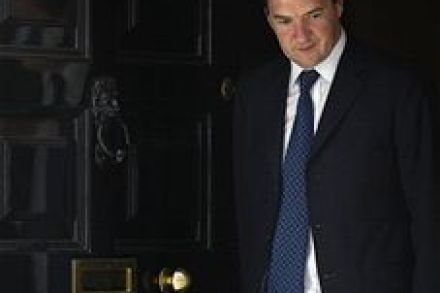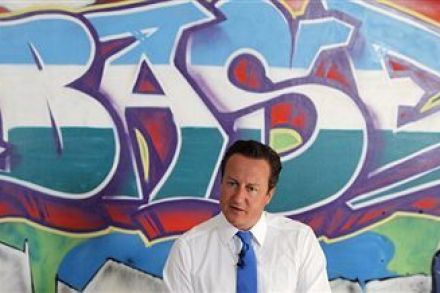From the archives – the great debt deceit
The news that the national debt is even larger than it appears ties a knot in the stomach, limiting, as it does, the state’s ability to cut taxes. Andrew Tyrie has called time on the PFI bonanza, but in many ways this intervention comes too late. Back during the financial tempests in the autumn of 2008, my colleagues Peter Hoskin and Fraser Nelson revealed the scale of Gordon Brown’s deceit over PFI. The great debt deceit, Fraser Nelson and Peter Hoskin, The Spectator, 20 September 2008 A few months before the general election which brought New Labour to power, Geoffrey Robinson had David Davis to dinner in his flat overlooking



















